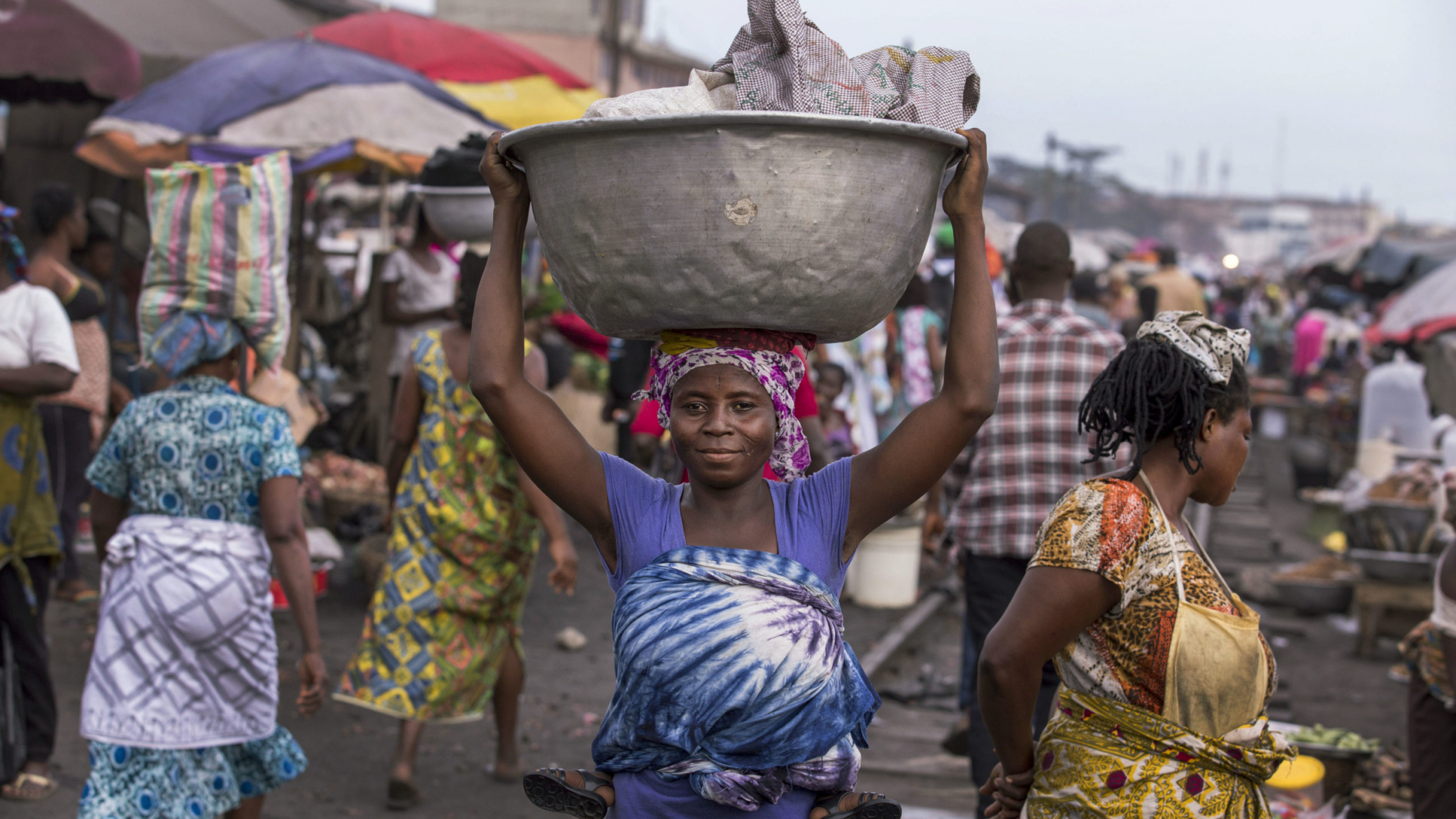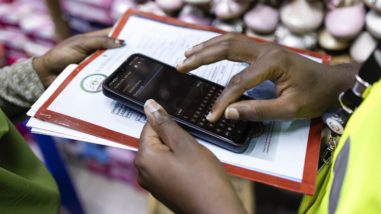Evaluating our Women’s Economic Empowerment Strategy

As the Hewlett Foundation is one of the few funders with a specific emphasis on using macro-level economic policy to improve gender equality, we will continue our work to strengthen the WEE macro-level field, and hopefully crowd in more resources and attention to change the macro-economic policies that constrain women’s empowerment, agency, and well-being. Our solutions focus will concentrate in areas that need attention and are gaining momentum, such as informal work, valuing unpaid care in the functioning of the economy, and the heightened importance of social protection in the post-COVID economic recovery.
We also recognize the need for in-country and contextual evidence-based solutions that reflect women’s lived realities. Therefore, we will use our grantmaking to support shifting WEE priority-setting and decision making to those closer to national macro-level issues in East and West Africa, regions which have been our area of focus over the past five years. This includes shifting funding to African organizations and explicitly working towards strengthening the WEE macro-level field in East and West Africa.
We would like to thank our grantees and the broader field for their contributions to the evaluation process and the learning it has engendered. We look forward to working with grantees and the field to strengthen the WEE macro-level environment so that all women in the regions where we work can access the opportunities needed to achieve their aspirations.


